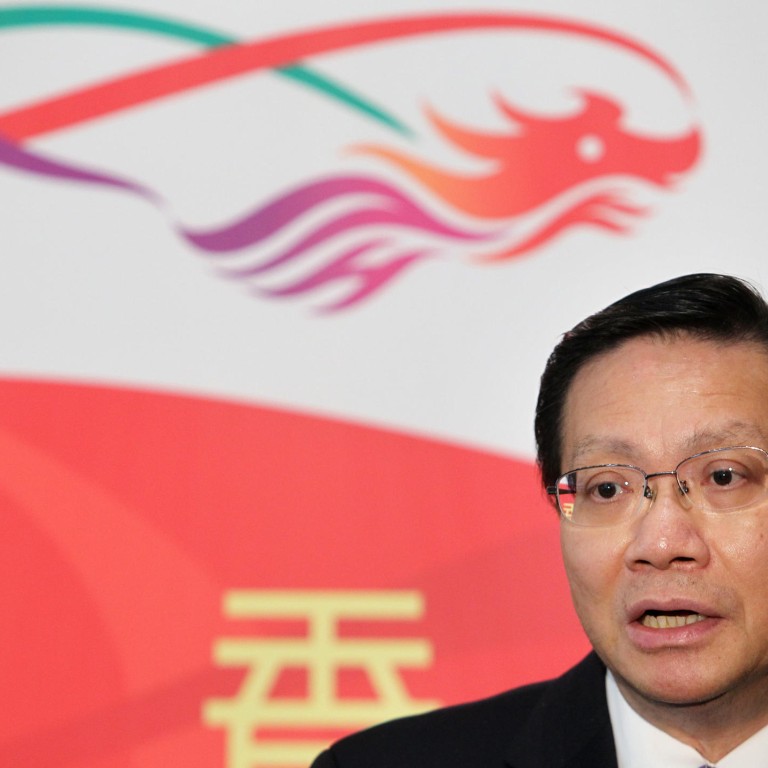
Changes to stamp duty adjustment system to incorporate different approaches
Housing minister issues verbal commitment that the government will table a new bill in Legco if it plans any increase in property taxes
The government has announced changes to its system of adjusting stamp duty levels, amid lawmakers' repeated attempts to limit its power to do so.

His announcement came just hours after executive councillors Starry Lee Wai-king and Jeffrey Lam Kin-fung made a joint proposal calling for the Legislative Council to be given sufficient time to discuss any government plan to increase the stamp duty, which applies to non-permanent residents and corporate buyers.
"We would like to keep the negative-vetting mechanism for the government to adjust the stamp duty. But we understand that the lawmakers … want a chance to discuss any plan to increase the tax," Cheung said.
Under the current system of negative vetting, lawmakers scrutinise changes only after they come into effect, which gives the government more power.
Under the new plan, the government would have to table a new bill for any proposed increase in stamp duty. Downward adjustments would remain on the negative-vetting system.
But unlike the previous legislative amendments put forth by various lawmakers on the Stamp Duty (Amendment) Bill, the latest changes will be incorporated in the form of a verbal "policy commitment", Cheung said.
"We have no intent to make any change in the government bill. I will make a policy commitment in my speech on Legco's second reading of the bill," the minister said.
"We want to ensure that the stamp duty mechanism allows for quick reactions in light of the latest market situations."
Cheung gave his assurance that the new policy would not create a timing vacuum during which people could engage in property speculation.
"It would not benefit people [to engage in such speculation] as any bill to increase the stamp duty would have a retrospective effect," he said.
The proposed change, however, appears to have failed to appease lawmakers who want to dilute the government's power to adjust the property tax.
Property lawmaker Abraham Razack, who had proposed including conditional tax refunds for local corporate buyers, said he could not accept any legislative proposal "without principles".
Democratic Party lawmaker James To Kun-sun, who had proposed forcing the government to seek Legco permission before making any changes to the stamp duty level, said he was not happy with the government's "abrupt and arbitrary" change.
